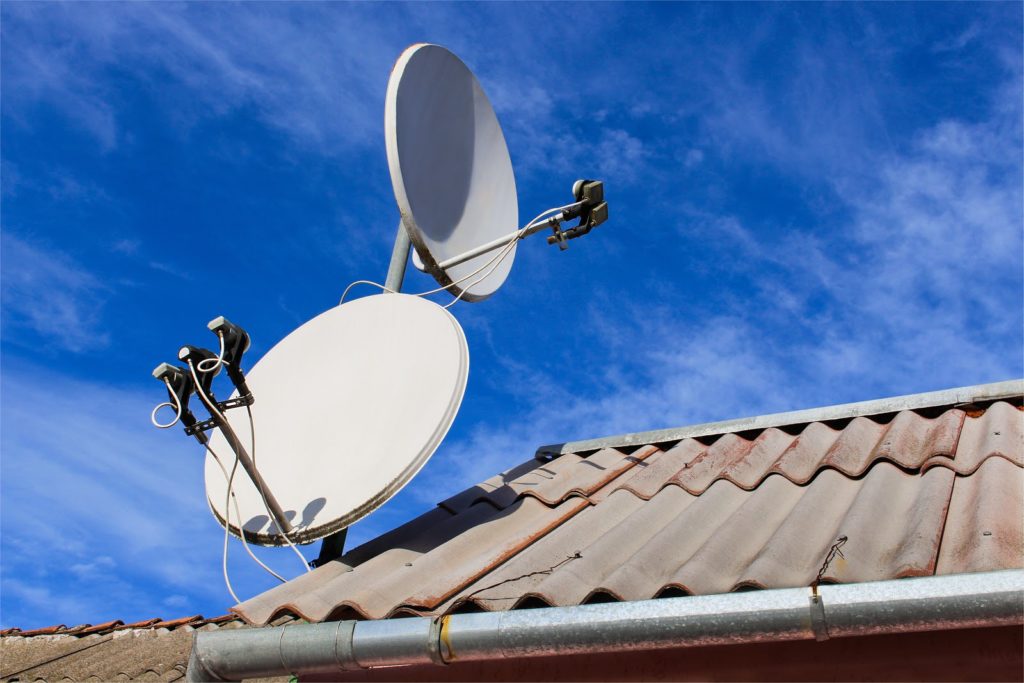Sky communal dish problems
A communal sky dish, also known as a satellite dish, provides TV signal for all or part of a building. Generally more reliable and less susceptible to interference than a TV aerial, as well as having a much larger coverage that make them capable of providing for an entire housing block’s worth of residents, they are often used for large residential blocks or houses converted into multiple flats.
If you are a tenant or leaseholder in a block of flats, it is highly likely that there will be one or more communal satellite dishes attached to the property. It is simply impractical for each flat to have its own satellite dish, so communal dishes are installed to provide for all of the residents’ needs.
One of the drawbacks of a communal satellite is that it means that multiple residents may be impacted in the event of a malfunction, such as worn out wiring to the cable system or weather damage to the communal sky dish itself.
Even if only one resident is experiencing problems with the system, any necessary repairs carried out on the dish or other parts of the system will impact everyone. For this very reason it is important to know who is responsible for a communal sky dish so that you know who to contact should the need to do so arise.
Communal sky dish maintenance and replacement
The process of establishing responsibility for the maintenance and replacement of a communal sky dish becomes more complex when more than two parties are involved in the process. For example, a typical situation may involve:
- A leaseholder
- The freeholder
- The dish maybe owned by a third party company that has installed the dish and subscriptions have to go through them.
- Sky or another service provider may install equipment at a discount to the Management Company or Freeholder and will maintain equipment in lieu of increased subscriptions.
- A Residents Management Company may have installed or own the dish themselves.
If you are a tenant of the property and your landlord does not own the freehold, the freeholder / management company is under no obligation to you but only to the leaseholder. Therefore you must first raise any issues regarding the sky dish with your landlord and they will take the issue to the freeholder if necessary. The process is the same whether the freehold of your property is owned by a housing association or by an individual.
Bear in mind that the landlord is under no obligation to do anything that is not specified by the terms of the tenancy (which typically does cover the maintenance of satellite dishes, but not necessarily). If you are a tenant and your tenancy agreement doesn’t mention your communal sky dish, you may still request that your landlord can fix any problems that arise as a gesture of goodwill. They will then speak to the freeholder.
On the other hand, if you own the leasehold of the flat rather than being a tenant, you should look to the terms of the lease to advise you in who is responsible for a communal sky dish. It is common for the freeholder or management company to take responsibility for communal property areas and external parts of the building.

